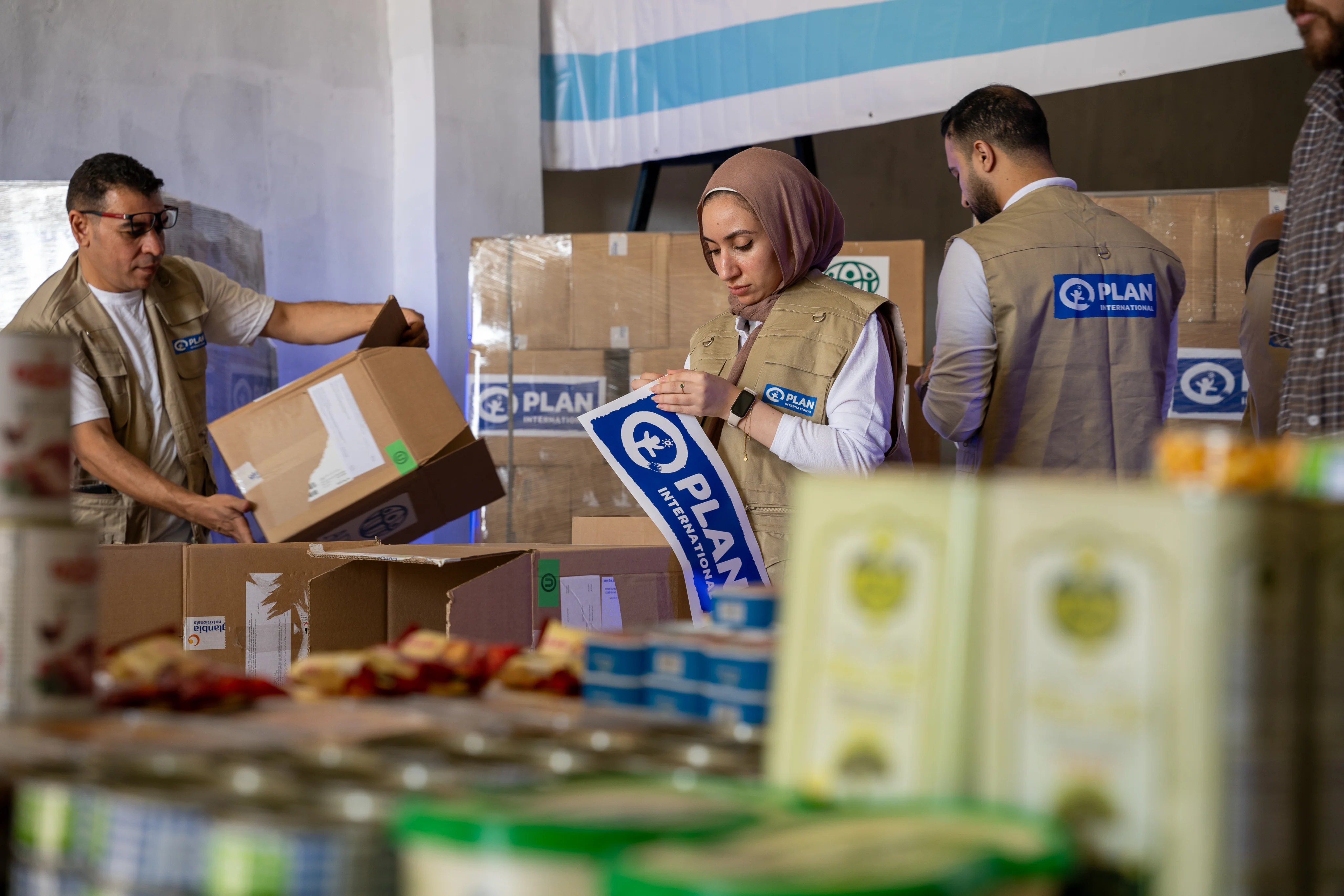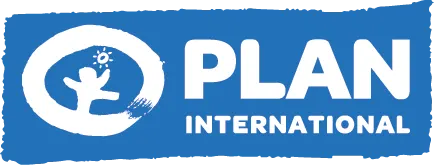Humanitarian action
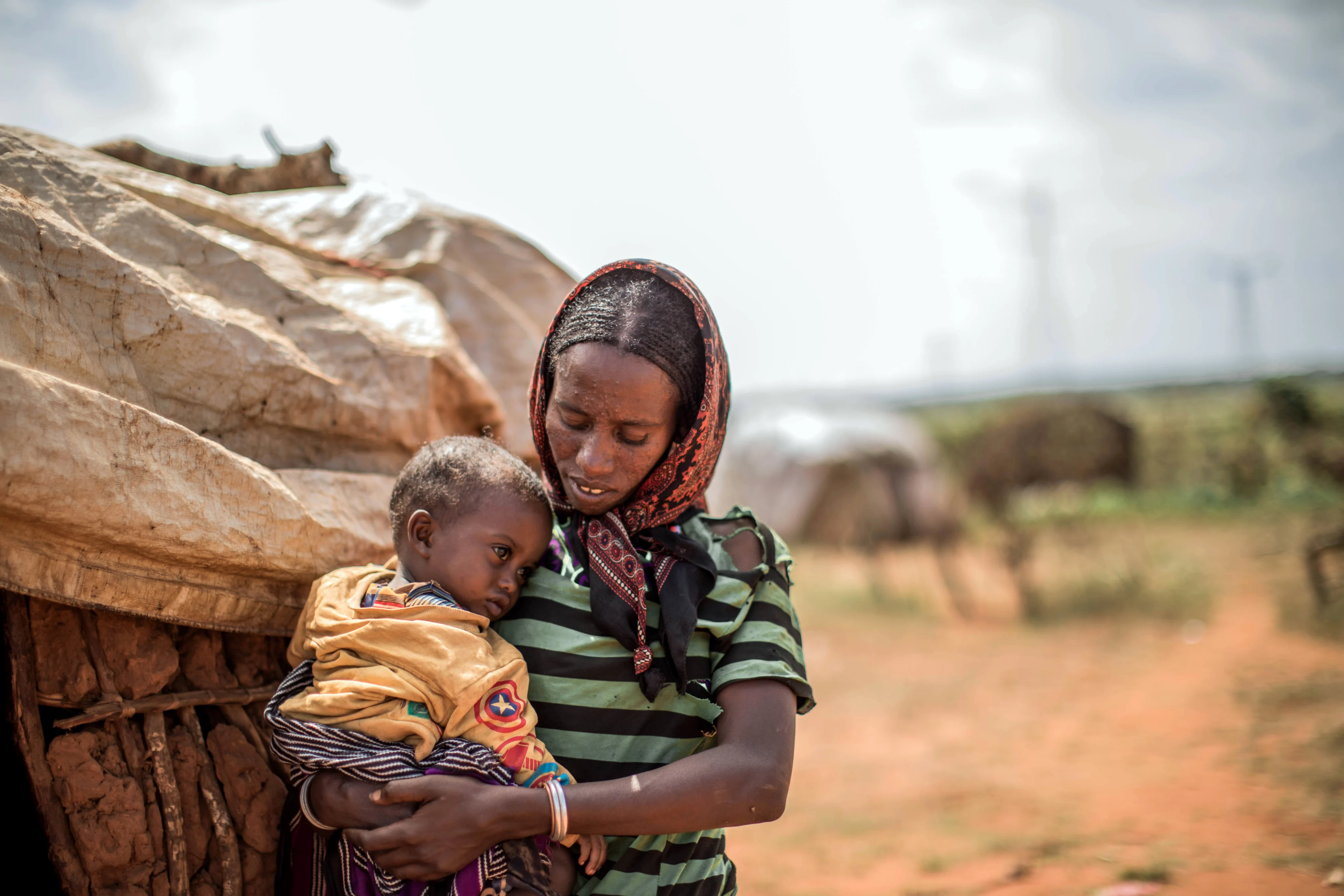
Our approach to emergency response is rooted in collaboration and partnership.
In the face of disaster, we work closely with community members, other charities, UN agencies, and local governments to ensure the most effective outcomes for those affected. By sharing our resources, expertise, and real-time information across these partnerships, we improve the delivery of aid and increase our collective impact.
But our commitment to supporting vulnerable communities extends beyond immediate disaster relief. We work before crises occur to help communities build the knowledge and capacity to prepare for and respond to future disasters and the impacts of climate change. Our goal is to ensure that women, children and young people including those with disabilities grow up in resilient communities that are capable of providing protection and dignity, both during and after disasters and conflicts.
Our focus is always on the most vulnerable, particularly girls, who face unique challenges in emergencies. From displacement and violence to losing access to education and essential health services, crises disproportionately affect the lives and futures of girls. Through our ongoing emergency responses, we strive to create safer, more resilient environments where children can survive, recover, and realize their rights, no matter the challenges they face.
As disasters, conflicts, and disease outbreaks continue to threaten millions of lives globally, Plan International is committed to being there when children and families need us the most, supporting them to rebuild their lives with dignity, safety, and hope.
Our collective global impact in FY24
87 disaster responses were carried out globally, ranging from localised responses to large-scale national and regional emergencies.
35 Education in Emergency programs across 28 countries
49 Child Protection in Emergency programs across 33 countries
22 Cash and Voucher Assistance programs across 20 countries
14 Health – including Sexual and Reproductive Health and Rights – in Emergency programs across 13 countries
34 Food Security and Nutrition programs across 28 countries
12.2 million children and adults were reached by our disaster work, including 3.2 million girls
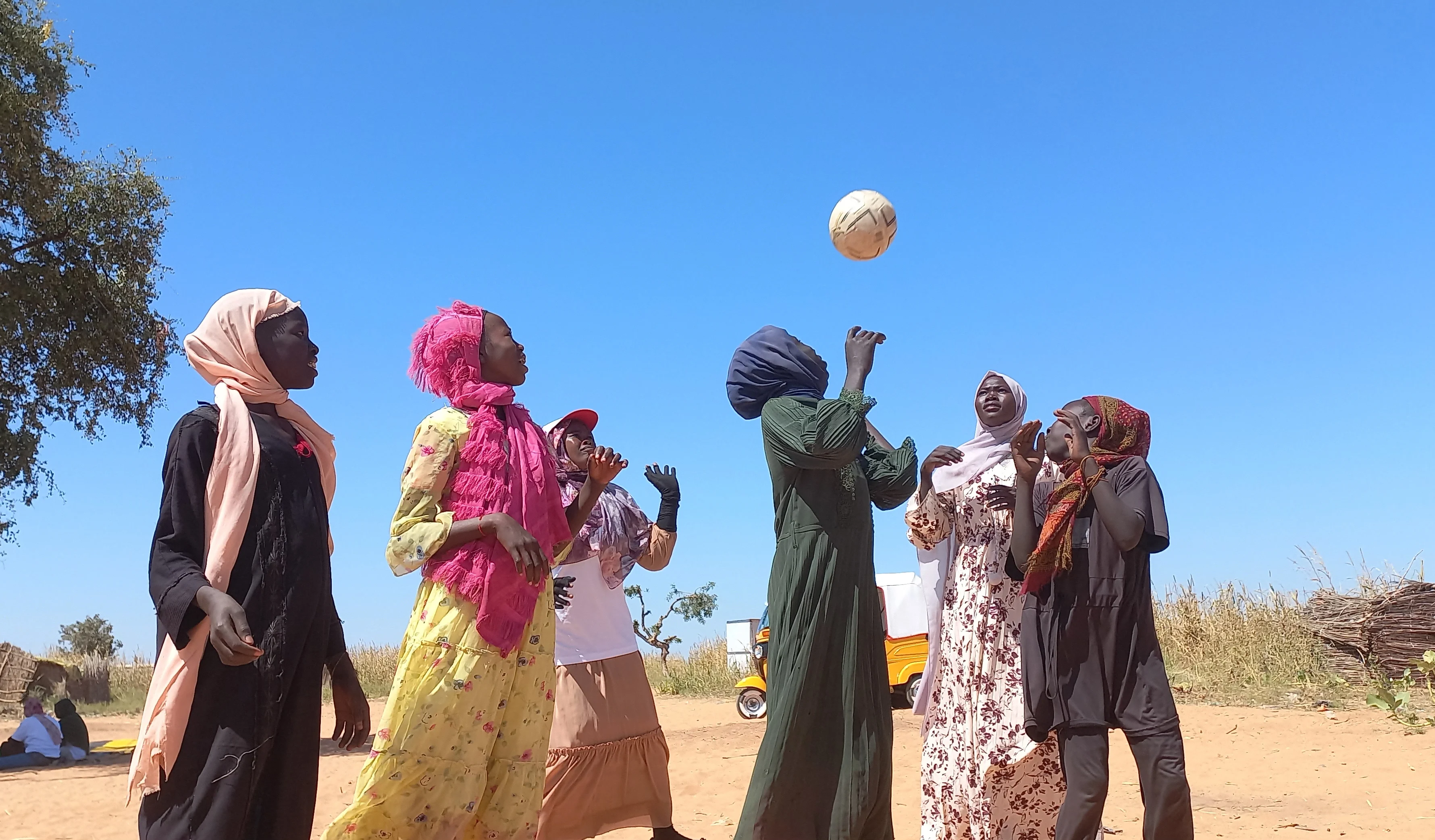
Our impact on the Global Hunger Crisis
Plan International has been actively responding to the global hunger crisis in some of the most affected countries, including Kenya, Somalia, Ethiopia, Sudan, South Sudan, Burkina Faso, Mali, Niger, and Haiti.
Through a combination of emergency food relief, nutrition support, education programs, and livelihoods assistance, we have been providing critical support to families and communities facing extreme food insecurity.
- 858,191 people received food assistance
- 191,339 people reached by the Emergency Action Alliance hunger response
Our response emergency food packages are critical to preventing malnutrition, while cash transfers give families the dignity and flexibility to purchase whatever they need.
We’re also working to protect girls from the heightened risks of gender-based violence, child marriage, and exploitation that often arise during food crises, with our child protection programs raising awareness of such risks. In South Sudan, for example, we have seen an increase in child marriage, where girls are sometimes seen as an economic burden to already struggling families, and early marriage is seen as a way to alleviate some of the financial strain.
By working with local partners and communities, we are also supporting long-term solutions to food insecurity.
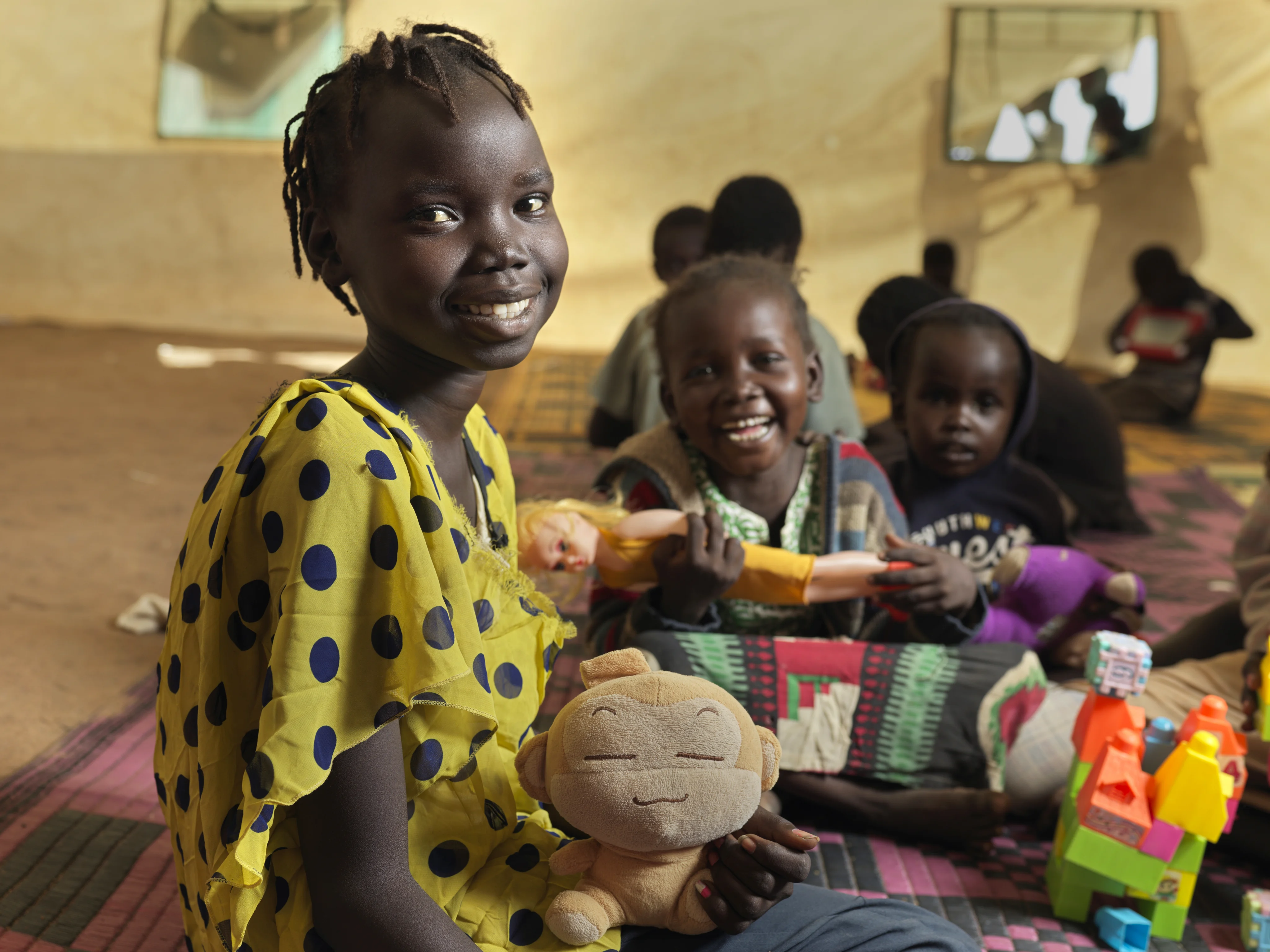
Our impact in Gaza
In Gaza, Plan International has been working in collaboration with a range of key partners including Taawon, TDH, and Juzoor, to deliver our humanitarian response.
Despite the many challenges posed by the conflict, our joint efforts have had a meaningful impact across several critical areas, including food security, health, and protection.
- More than 23,000 hot meals delivered to families in Gaza
- Provided 1,196 households with cash assistance
One of the most urgent needs in Gaza has been food security, and Plan International, working alongside Taawon, launched a hot meals distribution program to support displaced families. Phase 1 and 2 of the program saw more than 23,000 hot meals distributed to 5,300 individuals, providing essential nutritional support to families living in shelters, particularly in the Middle and South regions of Gaza, including Khan Younis. Phase 3 is underway, and 14,517 meals have already been distributed in South Gaza, ensuring continued access to food for vulnerable communities.
Recognizing the need for flexibility in addressing a range of urgent needs, Plan International, in collaboration with TDH, also launched a multi-purpose cash assistance program. This initiative has reached 1,196 vulnerable households, offering families the autonomy to meet their basic needs. With plans to assist an additional 154 families by November, this cash support has proven invaluable, helping families cope with the immediate challenges of displacement and loss.
In the health sector, Plan International partnered with Juzoor to support a polio vaccination campaign targeting children in northern Gaza. Despite significant access and logistical barriers, the campaign has been critical in reaching children with life-saving vaccines. The effort has been coordinated with various UN agencies to ensure the success of the vaccination drive, underscoring the shared commitment to public health in the midst of crisis.
Throughout this response, Plan International has faced significant obstacles, particularly with access restrictions that have delayed the entry of essential supplies. However, the organization’s effective coordination with both local and international partners has allowed it to reach underserved communities, reinforcing their resilience and ability to withstand the ongoing instability.
